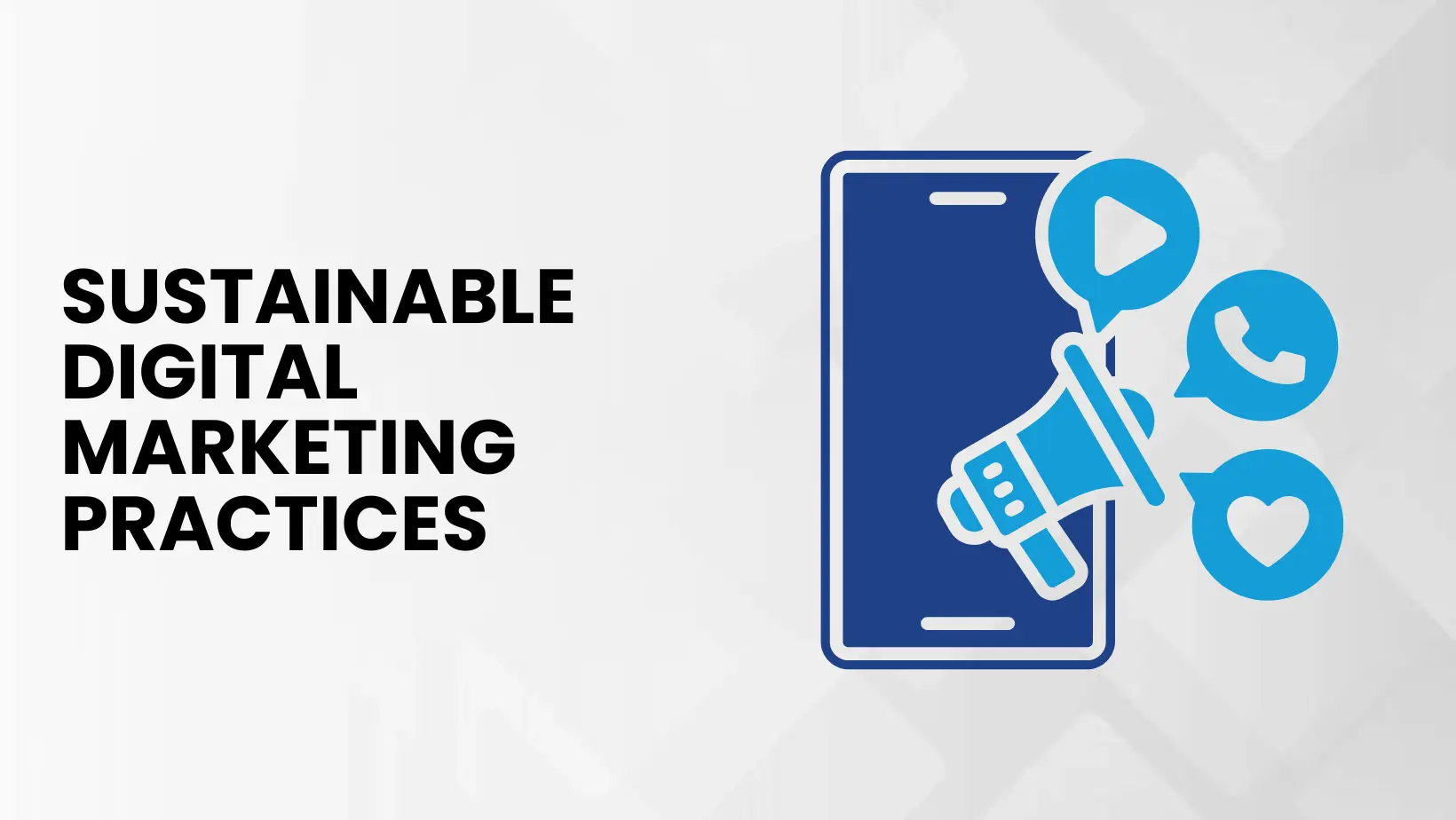Introduction
At Globelectra, we recognize the growing importance of environmental sustainability in business operations. Digital marketing, while less resource-intensive than traditional methods, still has a significant environmental impact through its digital footprints and energy consumption. This blog explores how Globelectra implements sustainable digital marketing practices to reduce environmental impact while achieving marketing goals.
Understanding the Impact of Digital Marketing
Digital Carbon Footprint
Every digital action—from sending an email to hosting a website—consumes energy, mainly from data centers powered by fossil fuels. The digital ecosystem globally is responsible for about 4% of greenhouse gas emissions, on par with the airline industry.
E-Waste and Device Pollution
Digital marketing strategies often encourage frequent updates and upgrades of digital devices, contributing to e-waste. At Globelectra, we are conscious of this issue and strive to minimize our promotional activities that encourage the rapid turnover of electronics.
Implementing Sustainable Practices
Opt for Green Hosting
Choosing a web hosting service that runs on renewable energy can significantly reduce your website’s carbon footprint. Globelectra partners with hosting services like GreenGeeks and DreamHost, which utilize wind or solar power, thereby minimizing our online environmental impact.
Reduce Email Send Frequency
Email marketing is essential, but at Globelectra, we carefully consider the necessity of each message. By reducing the frequency of our emails, we can lessen the energy used by servers and devices, which in turn decreases our carbon footprint.
Use Energy-Efficient Advertising
Digital ads consume energy each time they are loaded on a webpage or app. Globelectra opts for ad networks that prioritize energy efficiency and are transparent about their energy sources, aligning with our sustainability goals.
Promote Sustainable Content
Globelectra uses its platform to advocate for environmentally friendly practices, products, and services. This not only educates our audience but also aligns our brand with core sustainability values.

Leveraging Technology for Sustainability
Data Optimization
Efficient data usage reduces the energy required for storage and processing. Globelectra ensures that images on our sites are compressed and our code is streamlined to load faster and use less energy.
Analytics for Efficiency
We utilize analytics to optimize our digital marketing campaigns, targeting only the most effective strategies and audiences. This precise approach helps avoid wasteful practices, saving resources and energy.
Mobile Optimization
Since mobile devices are generally more energy-efficient than desktops, optimizing content for mobile users is a key strategy at Globelectra. We also consider the lifecycle and energy consumption of mobile devices in our strategies.
Conclusion
Adopting sustainable digital marketing practices is not just good for the environment—it also enhances Globelectra’s brand reputation and meets consumer demand for responsible business practices. By integrating these strategies, we lead the way in reducing the environmental impact of our industry while achieving our marketing objectives.

